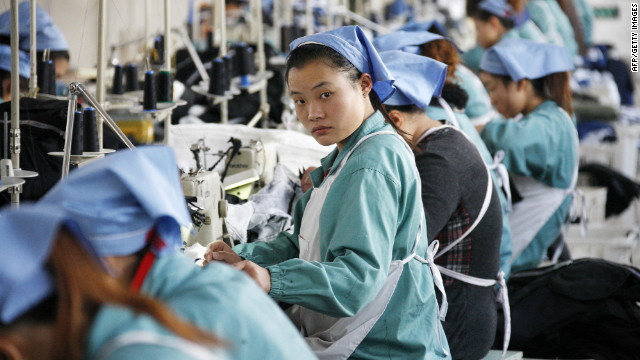|
As a company manager, Huang Xiang gets to wear jeans to work every day while she promotes her casual dress style to more Chinese youth. Huang is vice-general manager of Jasonwood, a Chinese jeans and casual wear brand based in eastern China's Zhejiang province. She believes that the dress norms in China are going to be less formal in the future and that her casual wear business will then take off. The company is flourishing in the niche market for making jeans for fashion-conscious young people, mainly in China's second- and third-tier cities. Its annual sales are expected to grow by 30 percent this year, compared to last year, because of newly opened outlets, Huang said. "Although we just set up our outlets in Beijing and are still planning to open outlets in Shanghai in November, our primary focus will still be second- and third-tier cities," she said, adding that China's first-tier cities only account for 4 percent of the country's population. The jeans and casual wear market in China's less developed cities used to be cluttered with homegrown, lower-price brands. When Jasonwood started its business in 2000, the store decided to peg its price against that of US-based Levi Strauss & Co. "A pair of Jasonwood jeans cost 50 percent less than a similar pair of Levi's pants when we first started. But since our brand now receives more recognition in China, a pair today costs only 30 percent less than a pair of Levi's," Huang said. China's fashion industry is eager to move from a mass manufacturer of clothing to the creator of more distinctive brands, she said. Economical, but also trendy street fashion brands such as C&A, H&M, Mango and Uniqlo, are sweeping across some of China's biggest cities. "For the moment, we are not in direct competition with them, since these companies have not yet shown up in China's second- and third-tier cities. They all have a wide range of products, but they do not have a strong specialty in jeans," Huang said. "Domestic casual wear producers have invested more in research and development on jeans, and some of the world's big jeans makers such as Levi's are lowering product prices to attract Chinese buyers from less developed regions," Huang said.
|
|
Jeans company banks on casual
Updated: 2009-10-26 Source: China Daily

Recommended News
Photo Gallery
Most Popular



